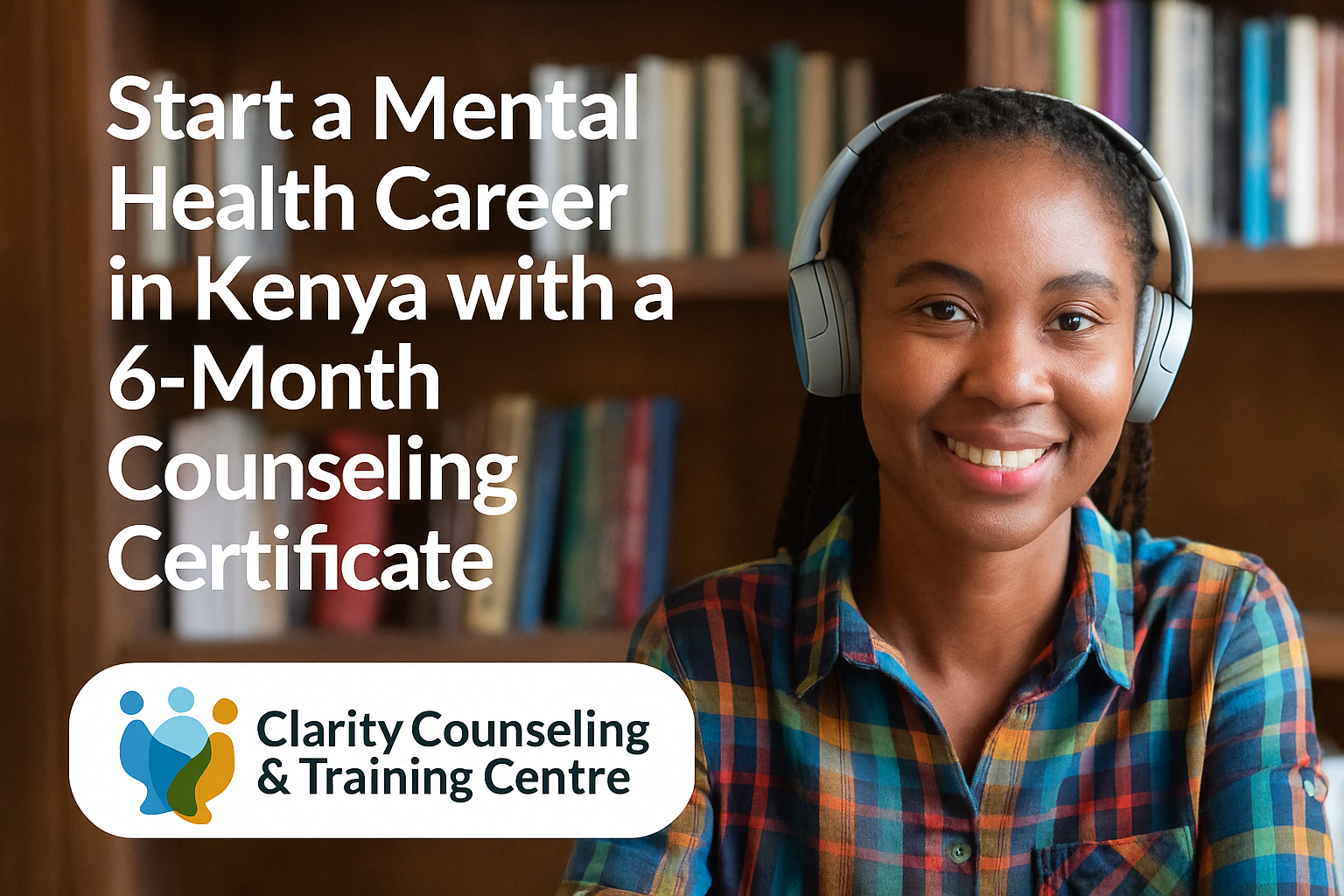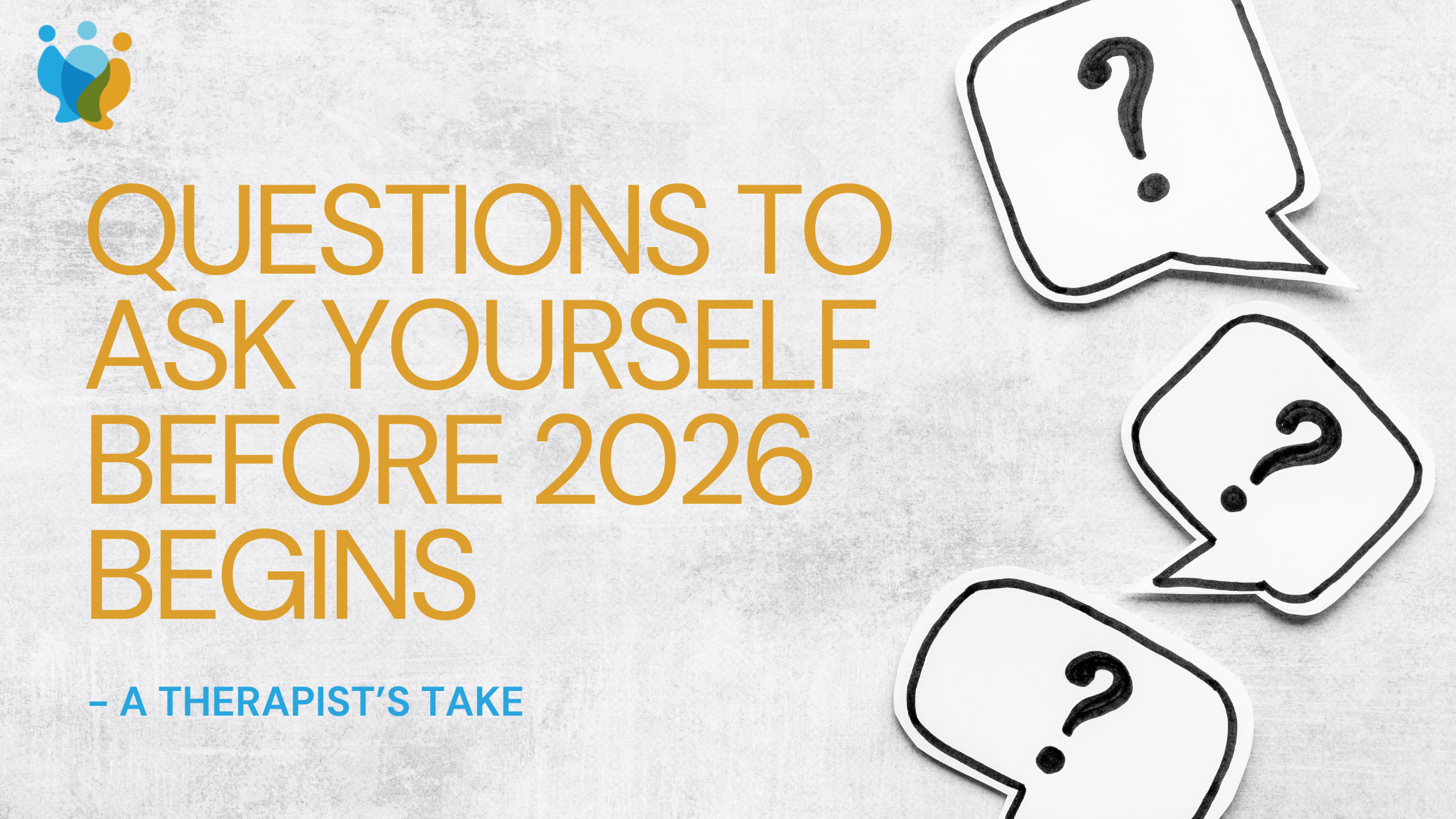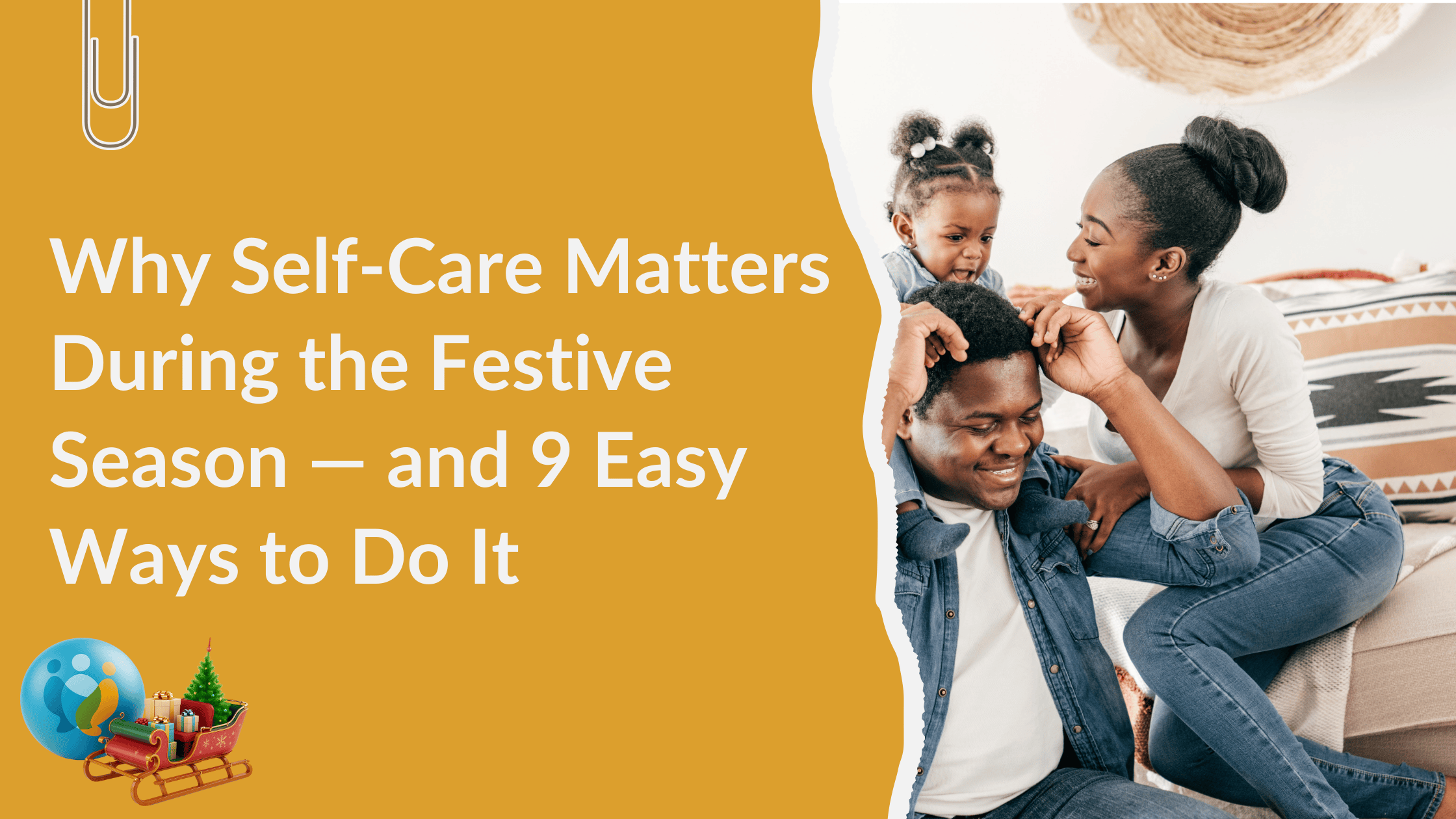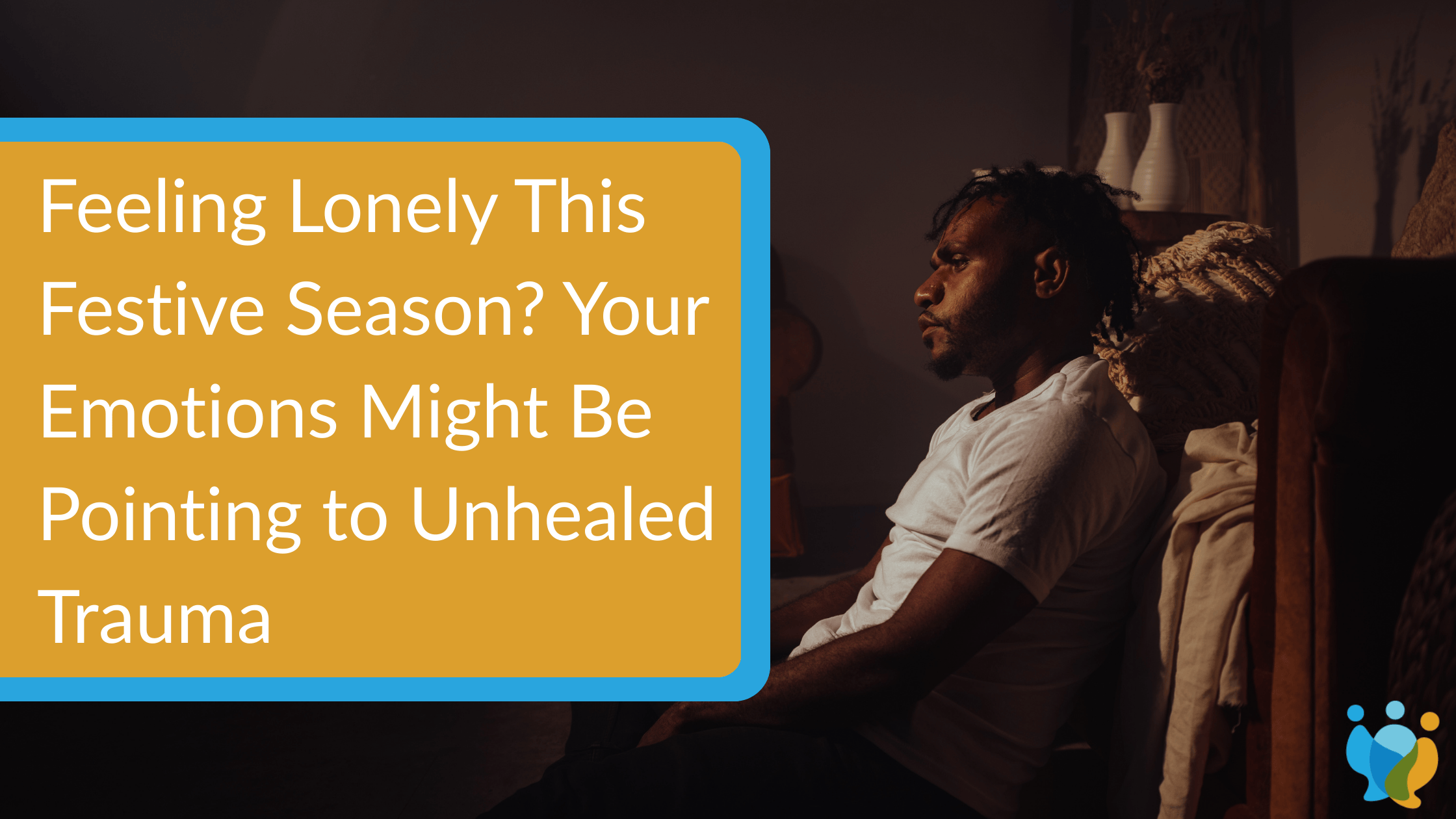Why Your Teen May Be Asking for Help (Without Saying It Out Loud)
Your teen slams their bedroom door.
Music blasts.
Dinner gets cold on the table.
You tell yourself it’s just a phase. But a small voice inside wonders, Is this something more?
The truth, your teenager is caught in a storm of change. First, their bodies grow faster than their ability to name what’s happening inside.
Secondly, emotions surge like waves, but words often lag behind. Thirdly, speaking up feels risky, like handing over a fragile secret that might get dropped.
Then there’s fear of being misunderstood. Fear of judgment. Fear of disappointing the people they most want to impress. With these happenings, sadly, for many teens, silence feels safer than the sting of rejection.
And then there’s the push and pull of independence. On one hand, teens want freedom, to make choices, to feel grown. On the other hand, they crave guidance, even when they’d rather slam a door than ask for it. So they hold their struggles close, convinced they should figure things out on their own.
Layer onto this the weight of family and social pressures. The endless comparison scroll on social media. The friend group that suddenly feels shaky. The academic demands that whisper, “You’re falling behind.” It’s a lot. Too much sometimes. And the easiest way out is to keep quiet.
So if your teen isn’t talking, it may not mean they don’t trust you, it may mean they don’t know how to begin.
5 Quiet Signs Your Teen May Be Asking for Help
Think back to your own teenage years. Did you tell your parents everything? Chances are, no. Not because you didn’t need help, but because asking for it felt like walking a tightrope, one wrong step and you’d fall. Today’s teens feel the same. Only the tightrope is thinner, and the fall feels steeper.
Teenagers may not always use words to call for help. More often, their signals come wrapped in behavior, mood, and everyday choices. These aren’t always obvious. Sometimes they look like a typical “teen attitude.” But under the surface, they can mean much more.
1. Behavioral Shifts: Retreating Behind Closed Doors
A teen who once joined family dinners now retreats to their room, headphones on, leaving only the glow of a phone screen leaking into the hallway. At first, you might brush it off as independence. But then days pass. Conversations shrink to one-word answers. Laughter is rare. The house feels quieter, but heavier too.
Behavioral shifts can be a quiet plea and could include:
- Irritability
- Sudden anger
- Pulling away from siblings
Oftentimes it may not be rebellion, it may be overwhelm because teens often act out what they can’t put into words. When the outside world feels too loud, they retreat. When the inside world feels too tangled, they lash out.
2. Academic Struggles: The Disappearing Motivation
School performance can be another clue. A student who always handed in assignments on time suddenly stops. A once-curious learner now stares blankly at textbooks. Skipped classes pile up.
It’s easy to assume laziness. But beneath the surface, it may be stress, anxiety, or depression draining their energy. A sharp drop in grades isn’t just an academic problem, it can be a red flag for emotional distress. Sometimes, unfinished homework is a teen’s way of saying, “I can’t keep up.”
3. Social Changes: Friends In, Friends Out
Friendships often mirror a teen’s inner world. When they suddenly stop hanging out with friends, or drift from a group they once loved, it’s worth paying attention.
Sometimes the change is the opposite, clinging tightly to new friends or immersing themselves in an online community. This isn’t always bad, but rapid, unexplained shifts in teens can signal they’re searching for belonging in places they don’t feel at home.
Consider the teen who smiles in every Instagram photo but barely speaks at the dinner table. Online, they perform happiness. Offline, they’re exhausted. That disconnect can be their way of asking, “Do you see me? Do you notice the gap?”
4. Physical Cues: When the Body Speaks for the Heart
The body often speaks before the mouth does. Have you noticed any of these lately:
- Trouble sleeping
- Constant fatigue
- Skipped meals or sudden overeating
- Stomachaches
- Headaches
- Vague complaints about not feeling well
These can be more than just “teen hormones.” Stress shows up in the body. Anxiety can twist the stomach; depression can weigh down the limbs. When physical complaints pile up without a medical cause, it may be the body waving a flag the teen can’t raise with words.
5. Communication Style: Thrte Shrugs and “I’m Fine”
Language tells its own story, even when it’s sparse. A teen who constantly says “I’m fine” might be anything but. Sarcasm can mask hurt. Silence can mask fear.
Picture a conversation where every question meets a shrug. Or an eye-roll. Or nothing at all. It feels like stonewalling, but sometimes it’s self-protection. Talking feels unsafe. Silence feels easier. And yet, that silence is its own kind of message.
The Meaning Behind Their Silence
It’s tempting to take a teen’s withdrawal personally. To hear “leave me alone” and believe it means rejection. But often, silence means the opposite.
When a teen closes their door, what they may be saying is:
- I don’t know how to handle this.
- I don’t want to disappoint you.
- I’m scared you won’t understand.
These are heavy loads for young shoulders. So instead of words, they send out signals, behavioral changes, academic dips, social shifts, physical complaints. The signals whisper what the lips can’t say.
The counterintuitive truth? A teen who pulls away may not be pushing you out, they may be testing whether you’ll lean in. Silence becomes a question: Will you notice? Will you stay?
Understanding this flips the perspective. It’s not rejection but trust on trial.
How Parents Can Respond with Care
Spotting the signs is one step. Responding to them is another. The way parents handle those first quiet signals can shape whether a teen eventually opens up, or shuts down further.
1. Create Safe Spaces for Conversation
Start with the atmosphere. Conversations work best in safe, unpressured spaces. A late-night drive. A casual walk. A kitchen counter while cooking.
Instead of demanding answers, invite sharing: “I’ve noticed you’ve been quiet lately. I’m here if you want to talk.” Simple. Gentle. No spotlight glare.
2. Watch Before You React
Teens are quick to scan faces for judgment. A sigh, a raised eyebrow, a sharp tone, these can shut a door before it ever opens.
Sometimes the best first move is no move. Just listening. Holding space. Letting silence stretch without rushing to fill it. It feels awkward, but it’s in that quiet that trust grows.
3. Name the Silence Gently
Instead of pushing, name what you see. “You’ve been spending more time in your room.” Or, “I noticed you haven’t been hanging out with your friends lately.” Observations, not accusations.
This opens the door without forcing them through it. It’s like sliding a note under the door that says: I see you. I care. No pressure.
4. Model Vulnerability
Teens learn more from what you do than what you say. When you share your own struggles, appropriately and honestly, you show that emotions aren’t weakness. They’re part of being human.
Admitting, “I’ve had days when I felt overwhelmed too,” creates connection. It says, You’re not strange for feeling this way. You’re not alone.
5. Offer Options for Help
Not every teen wants to talk to a parent. That’s hard, but it doesn’t mean they’re shutting you out completely. They may feel safer talking to a coach, teacher, or counselor.
Offer choices: “Would you like to talk to me, or maybe someone else you trust?” Presenting therapy as an option, not a punishment, helps normalize it. It says, help is allowed. Help is normal.
When to Seek Professional Support for Your Teen
There are times when silence and subtle signals cross into something more serious:
- Sadness lingers for weeks
- Aggression escalates
- Withdrawal deepens into isolation
- There are signs of self-harm
These moments call for professional help. Not as a last resort, but as a lifeline. A counselor or therapist can give teens tools to express what feels impossible to say at home. They provide a neutral space where vulnerability feels less risky.
Many parents like you wish their teen would simply talk. The truth is, every slammed door, every shrug, every late-night sigh can be the start of a conversation, if you know how to listen differently. If you’re worried about your teen, our counselors at Clarity Counseling can help. We’ve walked this road with many families, and we’d be honored to walk it with yours too.
Book a confidential consultation today and take the first step toward hope and healing.









